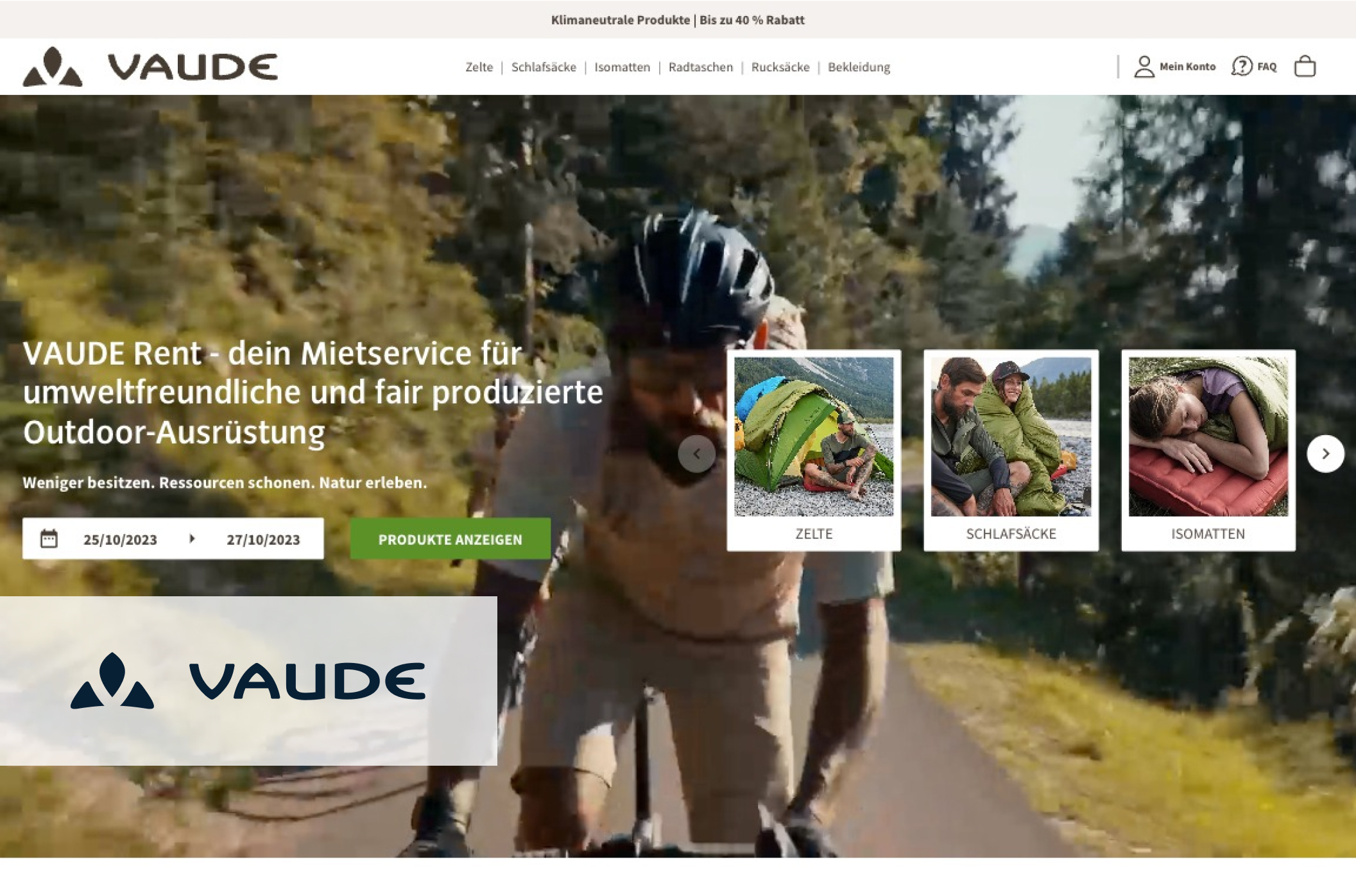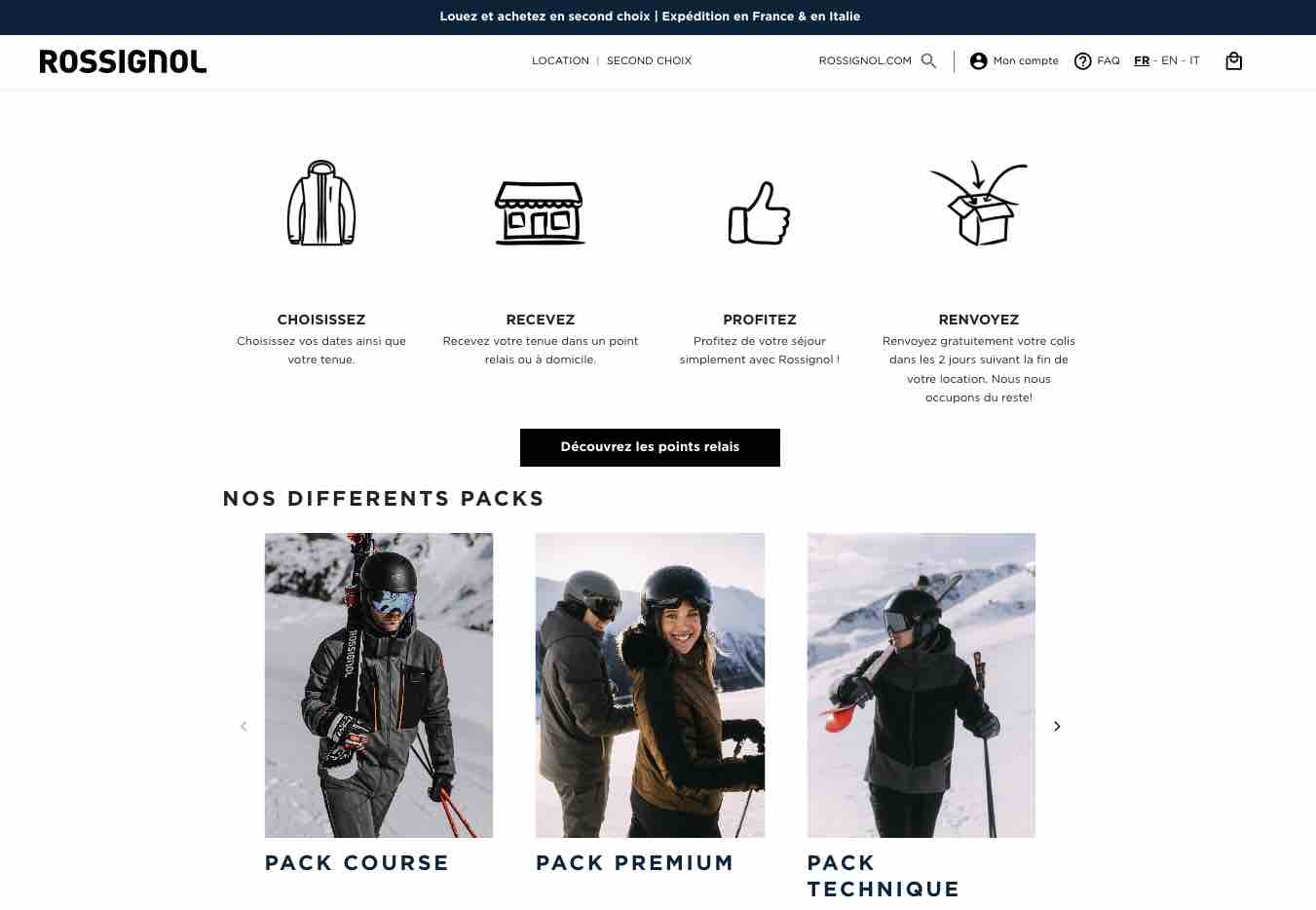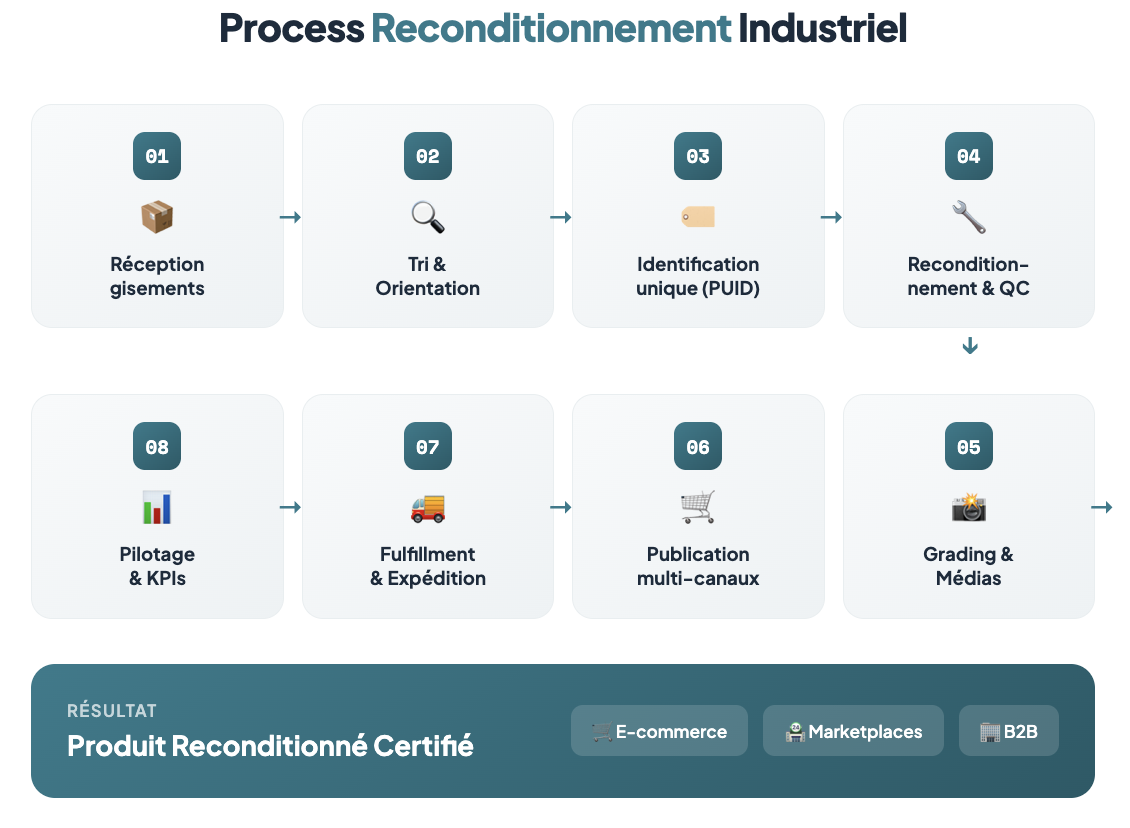Dans un monde où les ressources se raréfient et les défis environnementaux s’intensifient, la logistique circulaire s’impose comme un levier de transformation puissant pour les entreprises visionnaires. Cette approche innovante redéfinit les fondements de notre système économique, en garantissant la durabilité et l’optimisation des ressources au cœur des stratégies logistiques. La logistique circulaire et la logistique de seconde main est en marche.
Loin d’être une simple tendance, la logistique circulaire incarne une véritable révolution dans la gestion des flux de matériaux et de produits. Elle change le modèle linéaire obsolète “extraire-fabriquer-jeter” pour embrasser une vision cyclique où chaque élément conserve sa valeur maximale tout au long de son cycle de vie. Pour en savoir plus sur ce concept, vous pouvez consulter cet article sur l’économie circulaire.
La mise en œuvre d’une logistique circulaire efficace repose sur plusieurs axes stratégiques :
- L’optimisation du chargement des véhicules pour éviter les retours à vide
- La réduction du poids et du volume des emballages
- L’optimisation de l’emplacement des nœuds logistiques
- La promotion du transport multimodal ou combiné
- La mutualisation des besoins logistiques
Pour une analyse approfondie des enjeux de cette transition, consultez le rapport de l’Organisation Internationale du Travail.
L’importance de la logistique inversée
Un élément clé de la logistique circulaire est la logistique inverse, qui gère les flux de produits du consommateur vers le fabricant. Cette approche permet de prolonger la durée de vie des produits grâce à la réparation, la remise à neuf ou le recyclage.

Des initiatives concrètes
De nombreuses entreprises commencent à intégrer les principes de l’économie circulaire dans leur logistique. Par exemple, certains acteurs du secteur des emballages travaillent déjà sur la logistique circulaire, parfois sans le savoir, notamment à travers la mutualisation des palettes, et la réutilisation des emballages.
Malgré son potentiel, la mise en place d’une logistique circulaire efficace présente plusieurs défis :
- La nécessité d’une collaboration accrue entre les différents acteurs de la chaîne de valeur
- Le besoin de systèmes de traçabilité performants pour suivre les produits tout au long de leur cycle de vie
- L’adaptation des infrastructures logistiques existantes aux nouveaux flux de l’économie circulaire
Pour une vue d’ensemble sur ces défis, vous pouvez consulter le rapport d’Ellen MacArthur Foundation.
La révolution de la logistique circulaire est en marche, portée par la nécessité de réduire notre impact environnemental et d’optimiser l’utilisation des ressources. Cette transition offre de nouvelles opportunités pour les entreprises innovantes capables de repenser leurs modèles économique dans leur ensemble grâce à la logistiques, dans une perspective durable et circulaire.



